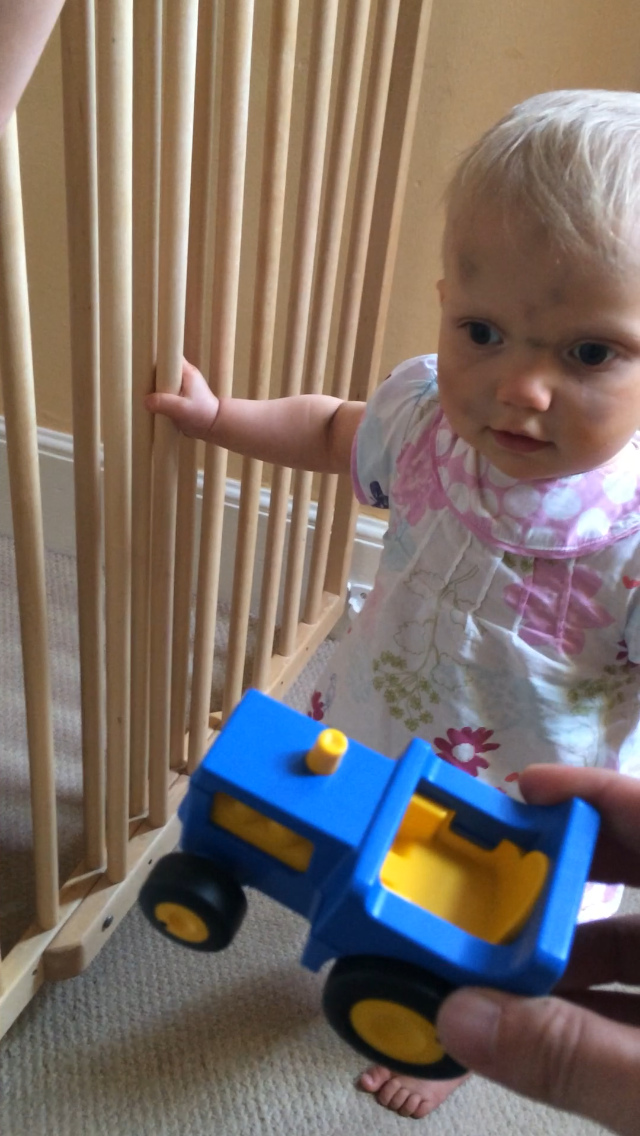This is very much a one-off post, I think, in that it's nothing to do with communication or libraries, but is instead about drumming, my other passion. I only ever get to play drums in rehearsals or gigs because I can't set a kit up at home, but I think about drums and music about 90% of the time...
I started drumming when I was about 15 or 16, having previously played trumpet, and found it the most liberating and exciting thing I'd ever done. It all felt very natural and I got quite good quite quickly - sadly because I've not had lessons and don't have much self-discipline, I've not really improved that much since then!
I've played in all sorts of bands, spanning all sorts of musical styles - including a live drum & bass / jungle group, which was amazing - and for the last few years it's been nice to go back to where I started: a good old fashioned rock'n'roll covers band, called Lightbulb Moment. We're actually playing the prime 9pm slot at a small festival this weekend, and amazingly my favourite ever originals band that I've been in, Western Scifi, are reforming for this gig only to celebrate 15 years since we recorded our album. I cannot wait.
In Lightbulb Moment we play the songs we really like rather than the usual party band stuff, and in Feb we went into the studio to record four videos - live takes of some great covers. They're finally online and I'm so excited about them I'm writing this drumming blogpost, and embedding them below.
I recently created a Drums section to this website. It's hidden in that it's not listed in the main navigation along the top, but if you're interested there's more videos, audio, and a drum related bio, all accessable via the Drums homepage: ned-potter.com/drums/home.
Here are the vids. The first is Grace by Jeff Buckley - it's one of my favourite songs of all time (and that was the case before I had a daughter called Grace!) and because it's Jeff Buckley it's a really hard song to do well. But our vocalist, Chris Harte, is pretty amazing on this track and I'm so happy with how it came out. Unlike the other vids below this one has a very Ned-cam heavy visual mix! Thanks to Dave (our keyboard player, co-lead singer, 2nd guitarist and video creator...) for making this for me.
The next tune is something a little more conventional - Don't Matter by Kings of Leon. A short, sharp burst of rock.
I've never been a particular fan of Ocean Colour Scene but Dave brought this tune in for us to do and I really like it. It has twin vocals all the way through, it rocks along, and we made a nice stabby ending for the drums to mess about over the top of... This is called Hundred Mile High City.
And finally the last tune we recorded was Message in a Bottle by the Police. We were all a bit ragged by this point, and we'd only learned the song the previous night, and it's actually a different arrangement to the original version which complicates things further! But in the end it turned out okay. I even sing some of the 'Sending out an S.O.S's at the end...
So there are the new videos. If you've got this far, thank you for sticking with me on this drumming tangent... My entirely-drum-focused Instagram is @ned_potter, the same name as my Twitter.
Any other librarian musicans out there? Leave me a comment with some links to your stuff!
And finally, if you've made it this far, here's the header pic in full, which is my favourite picture of my drums which, forgive me, I really, really, love...

































